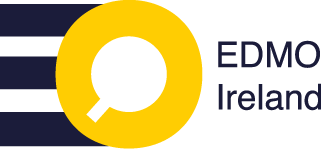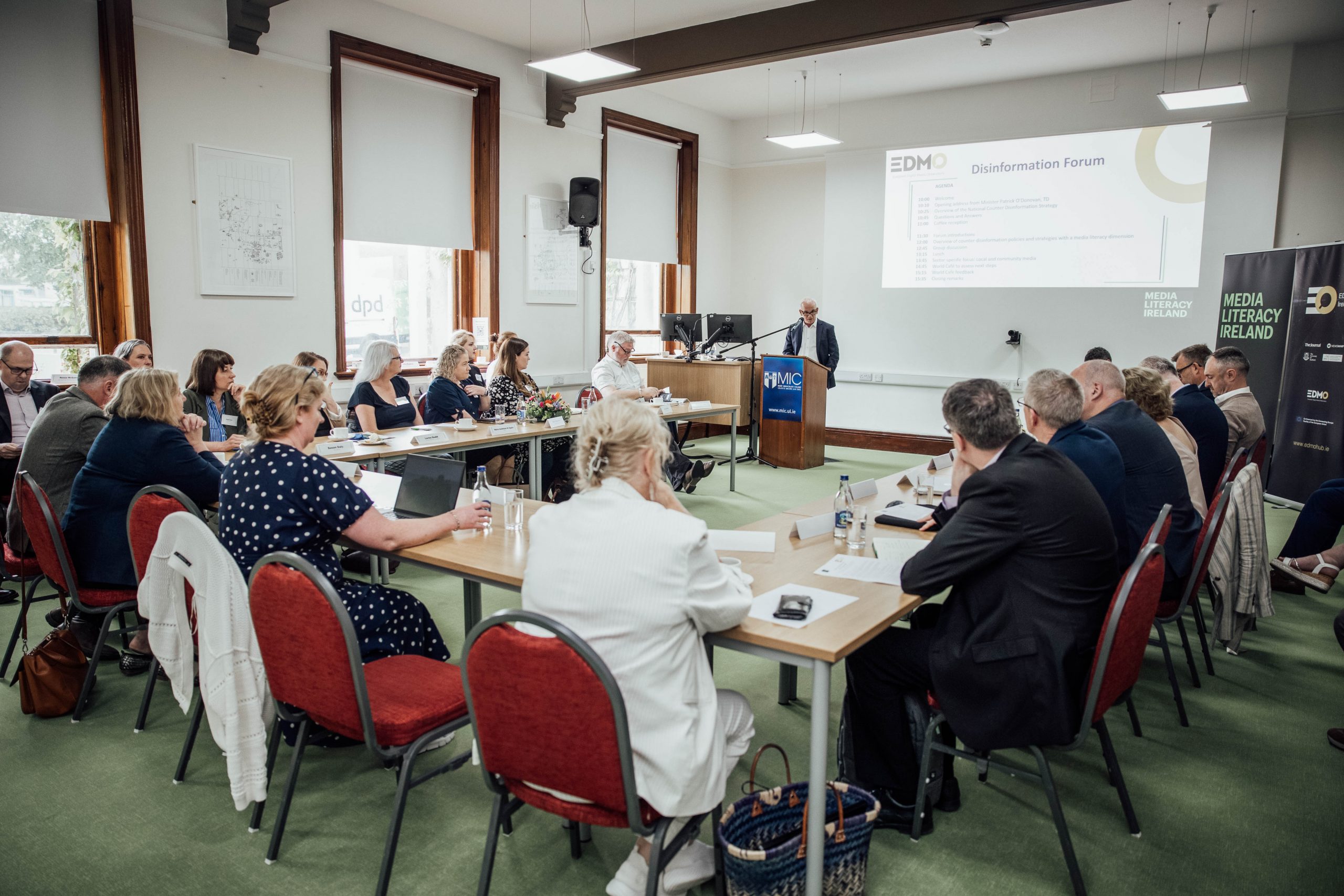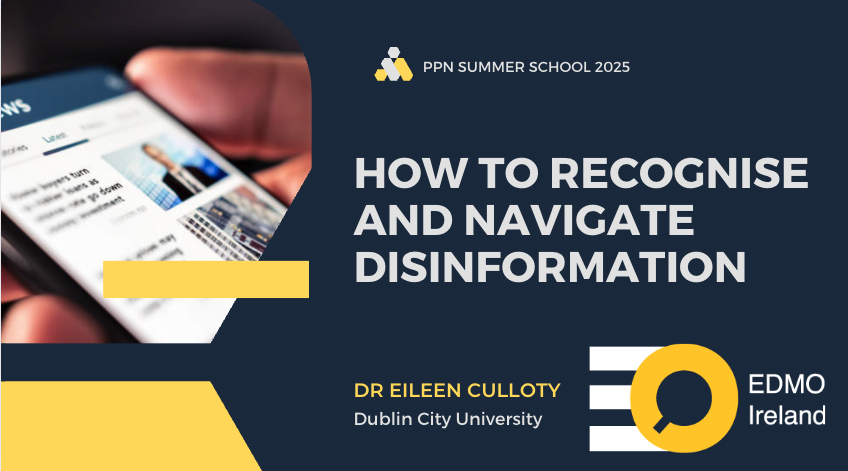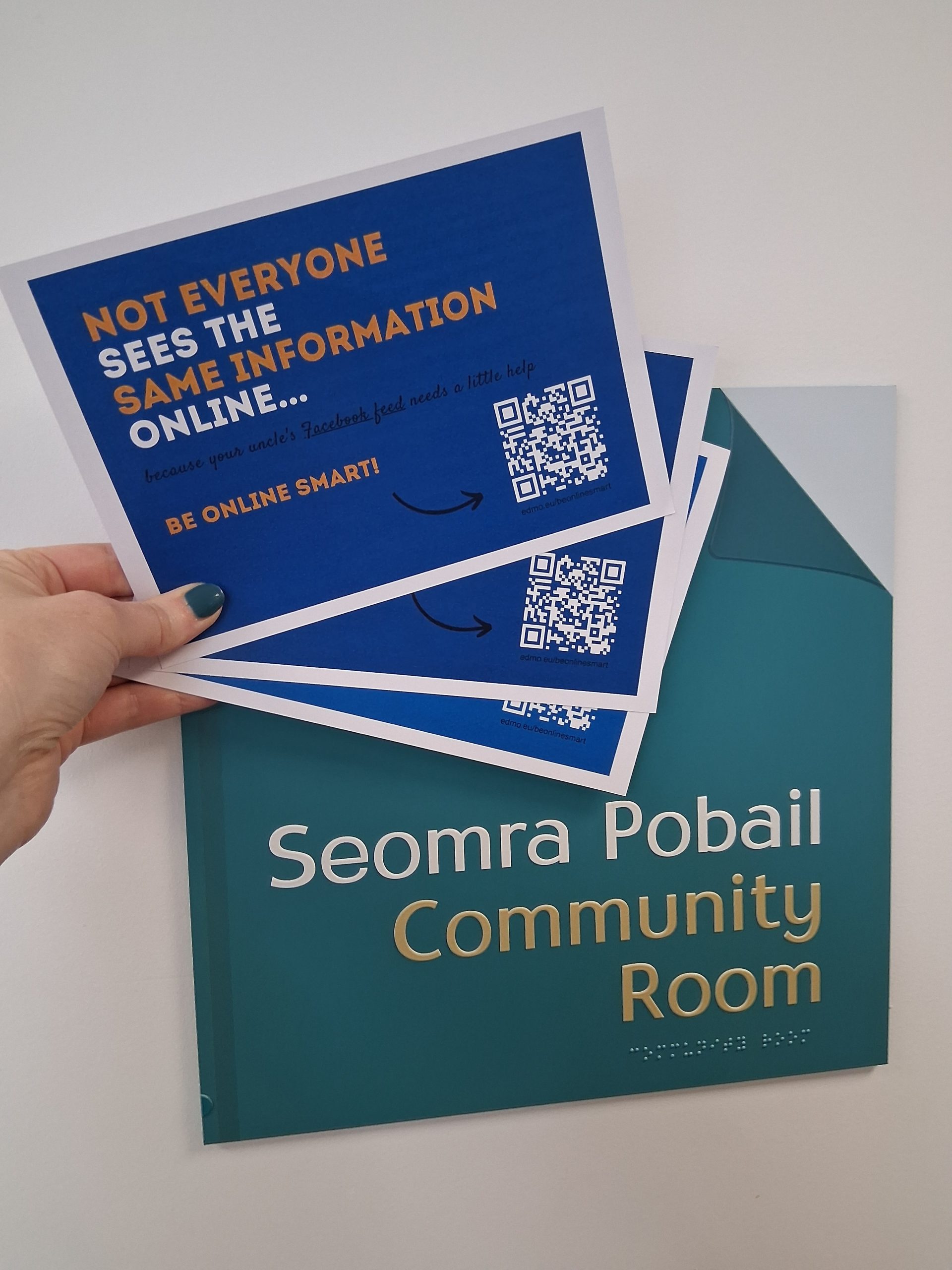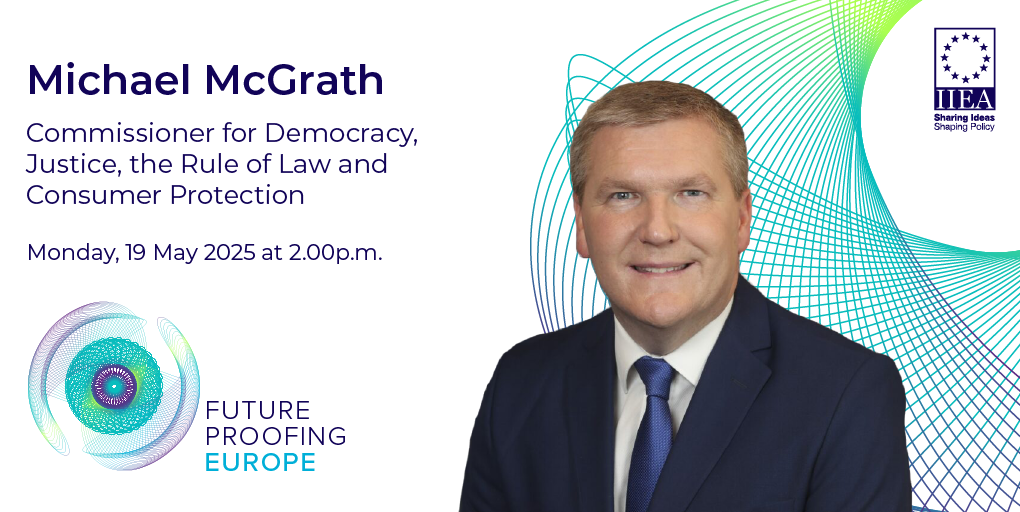EDMO Ireland coordinator Dr Eileen Culloty has been invited to join the working group that will develop the National Counter Disinformation Strategy. In addition to EDMO Ireland, she will represent the DCU FuJo Institute and Media Literacy Ireland.
Coordinated by the Department of Tourism, Culture, Arts, Gaeltacht, Sports and Media, the working group includes representatives from industry, academia, civil society and government departments. It is chaired by Martina Chapman, national coordinator of Media Literacy Ireland.
The development of a National Counter Disinformation Strategy was one of the recommendations included in the report of the Future of Media Commission (FOMC). It recommended that the strategy by developed “in consultation with all relevant departments and agencies, the Irish EDMO Hub, industry stakeholders, news organisations, civil society groups and Irish fact-checkers and disinformation researchers” while also incorporating a role for Irish citizens.
The working group is expected to complete the strategy by the end of the year and it will reflect the remit described in the Future of Media Commission report.
Future of Media Commission Report:
Recommendation 8-8 Disinformation
The Commission recommends the development of a National Counter Disinformation Strategy to enhance the trust and protect the safety of Irish users of global content platforms. The Strategy should:
- Coordinate national efforts to counter organised coordinated campaigns of manipulation of Irish internet users and ensure transparency about content moderation policies that impact Irish citizens;
- Develop effective long-term monitoring of the application of the EU Code of Practice on Disinformation and the Digital Services Act in Ireland;
- Be developed in consultation with all relevant Departments and agencies, the Irish EDMO Hub, industry stakeholders, news organisations, civil society groups and Irish fact-checkers and disinformation researchers. The Strategy should also incorporate a role for Irish citizens, potentially seeking oversight of decisions impacting Irish users of content platforms, or complaints filed by them;
- Examine other examples of other international best practice;
- Build relationships between platforms and academic researchers that facilitate access to data that would inform better interventions to prevent the spread of disinformation;
- Identify measures to support innovation in fact-checking and disinformation research and provide support for innovation in areas critical to compliance with the new regulatory environment created by the Digital Services Act;
- Review existing media literacy initiatives in Ireland, including an examination of potential for a more joined-up approach between relevant government departments and agencies on the development of media literacy initiatives. Pilot programmes for media literacy emerging from this review should be eligible for direct support under the Media Fund;
- Acknowledge the important role that free, independent, high-quality journalism plays in countering disinformation, and align with efforts to protect the supply of public interest information at local and national level.
